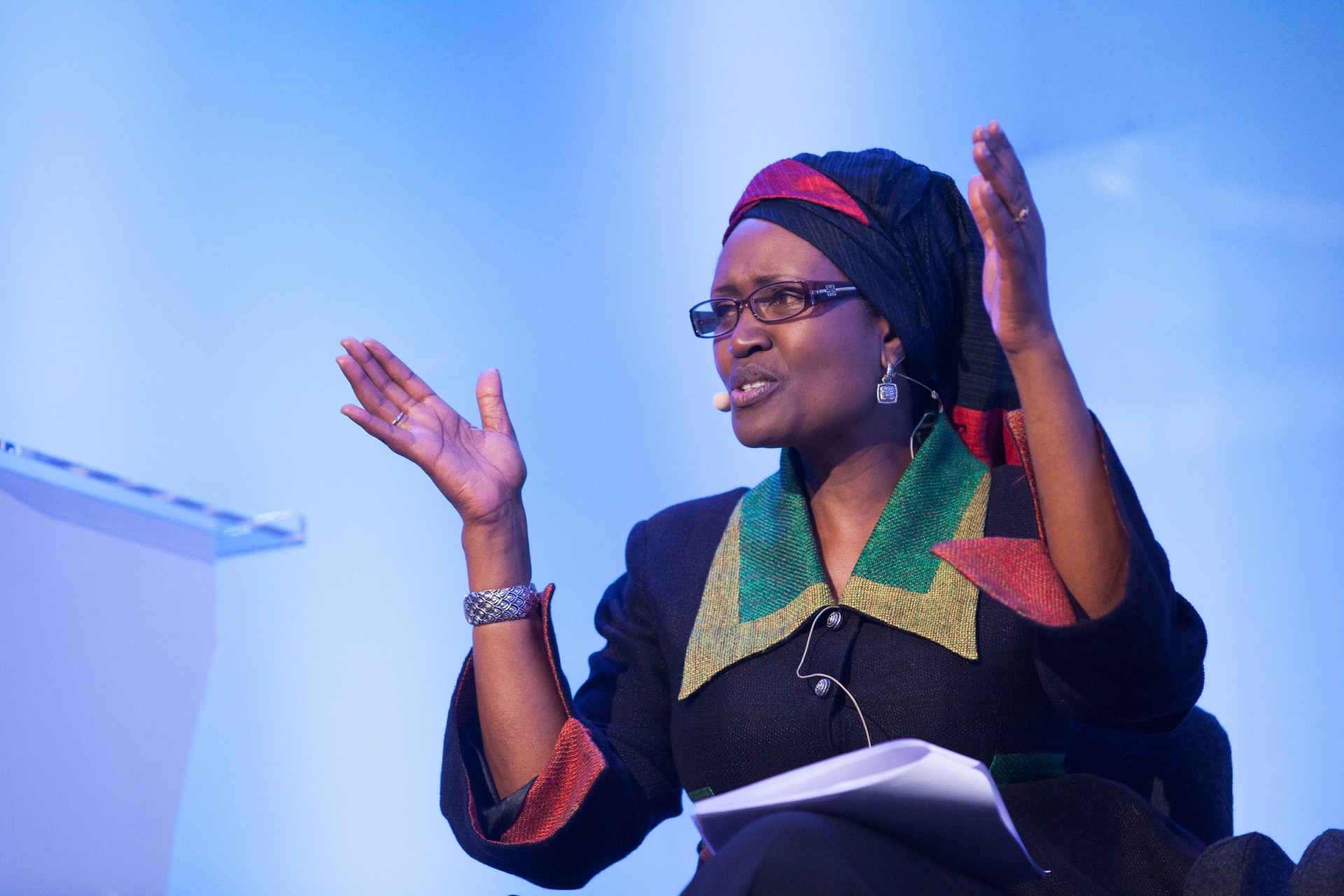For the past few days, a video from the Cost of Inequality panel at the World Economic Forum in Davos has been making some ripples on the internet. What made those ripples is Dutch historian Rutger Bregman reproaching Davos attendees about how amongst all the talk of justice, equality, participation, transparency and social change no one was mentioning the biggest and the most impactful solution: taxing the rich.
His speech is poignant and includes extremely quotable, tweetable, and headline-friendly sentences such as: “It feels like I’m at a firefighters conference and no one’s allowed to speak about water” or “Taxes, taxes, taxes. All the rest is bullshit in my opinion”. And these sentences have been all over my feed(s) since Monday. Everyone from the Guardian to the Washington Post reported Bergman’s condemnation, painting him as the Robin Hood of our generation. Hell, Vox actually did call him a ‘folk hero’.
I hundred percent agree with Bregman: let’s e̶a̶t̶ tax the rich and hold them responsible for the people who bear the expense of their fortunes. Still, the way the media reported the video and the panel in general leaves a bitter taste in my mouth.
If you watch the video until the very end, you’ll see Winnie Byanyima replying to Ken Goldman, former CFO of Yahoo, and toppling his bigoted white liberalism in the most eloquent manner. Her words are sharp, true and unrelenting; I want to tweet them, shout them from a rooftop and get them tattooed on my body. Yet there is little to no mention of Byanyima in the headlines, news articles nor opinion pieces. All the buzz is about Bregman and all credit goes to him.
To sum up the exchange: Goldman berates the panellists for talking about taxes too much. He claims that currently, the world is experiencing record-low rates of unemployment thanks to the big conglomerates they are attacking. He asks the panellists what can be done to solve the inequality problem besides taxing the rich and powerful and mumbles about creating jobs.
Translation: I really like money and don’t wanna give it up, what can do I to seem like a good person but keep making money with the blood of the people I’m pretending to help.
Byanyima replies:
“Globalization is bringing jobs. The quality of the jobs matters! These are not jobs of dignity. In many countries, workers no longer have a voice. They are not allowed to unionize, they are not allowed to negotiate for salaries. We’re talking about jobs, but jobs that bring dignity.” “Don’t tell me about low levels of unemployment. You are counting the wrong things, you’re not counting the dignity of people. You’re counting exploited people.”
When you watch the panel in full, it is full of eloquent takedowns and extremely quotable, tweetable and headline-friendly soundbites uttered by all panellists: Alicia Bárcena Ibarra, Executive Secretary of the UN Economic Commission for Latin America and the Caribbean; Jane Goodall, primatologist and founder of the Jane Goodall Institute; historian Rutger Bregman; Oxfam International Executive Director Winnie Byanyima; and Shamina Singh, president of the Mastercard Center for Inclusive Growth.
Yet, in most of the reporting done about the panel, it is Bregman who is mentioned on the headline and in 90 percent of the piece.
At one point, in his lecture lightly concealed as a question, Ken Goldman exclaims: “This is a very one-sided panel... I can’t believe how we picked this panel” in the condescending tone that’s only reserved for rich white men. That might be the one single thing in the world Goldman and I agree on. I also think the panel is quite unbelievable; four women, two of whom are women of colour, and Bergman as the only (white) man (bar the moderator). Such a ratio isn’t a luxury women, especially women of colour, are usually afforded in panels.
Still, what the media chooses to cover is what Bregman says. One news outlet, at the end of a full page covered in Bregman’s quotes, adds: “[Ken Goldman] was told just because people were in jobs did not mean they were not in poverty. [sic]” Who was he told this by? Byanyima. Yet, the reporter doesn’t mention her name once.
The media erasing women of colour and attributing their work to white men and women is not an exceptional phenomenon. It is an everyday occurrence. Take the #MeToo movement. When sexual harassment accusations against Harvey Weinstein took the media by storm, the hashtag and the movement was attributed to famous white women, like Alyssa Milano and Rose Mcgowan, when in reality the campaign was founded by black civil rights activist Tarana Burke ten years prior.
Not acknowledging the social justice work people of colour do and attributing their work to others is a form of oppression. It needs to stop and the media needs to be held accountable.
In The Guardian piece, Byanyima gets a brief mention at the end of the article as another panellist who ‘took up the fight’ when Ken Goldman addressed the panel.
Byanyima didn’t ‘take up the fight’, she has been fighting the fight for decades. She had started fighting the fight before Bregman was even born. We need to start giving women of colour the recognition they deserve in their work of making the world a better place, a liveable place for all.
Here’s my headline suggestion for that video:
Winnie Byanyima, Ugandan aeronautical engineer, politician, and diplomat, tells rich white man to shove his jobs up his money vault...
Or something like that.





